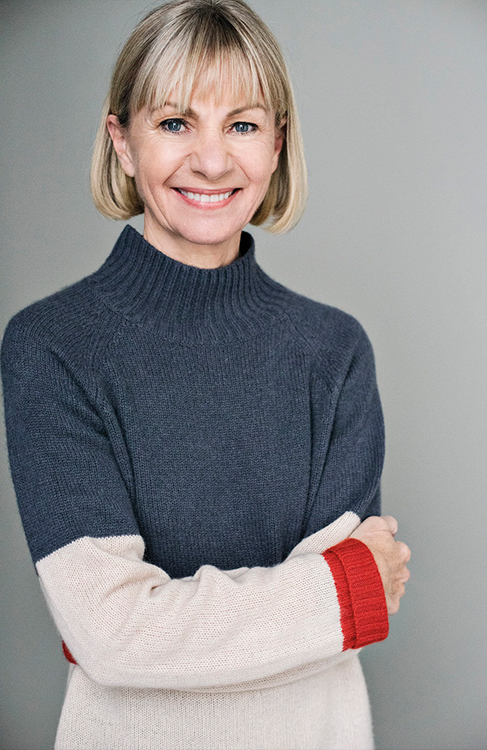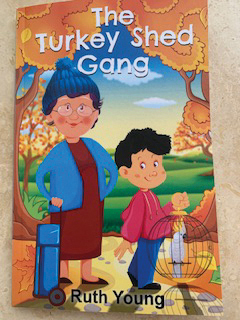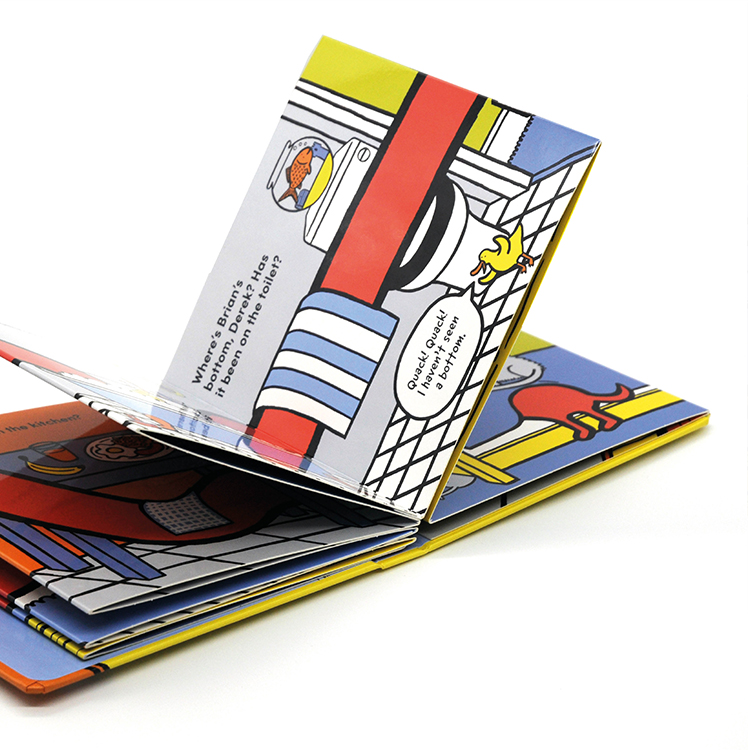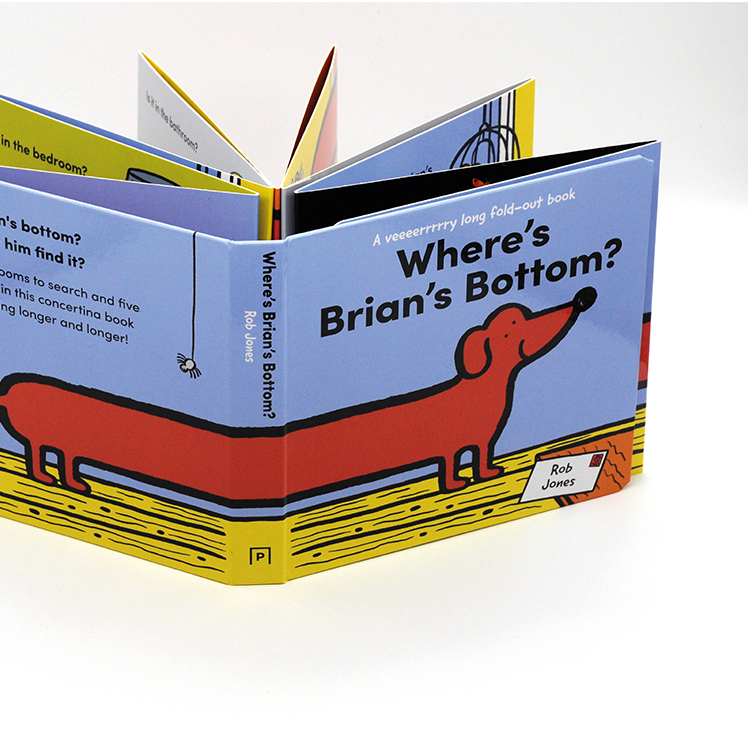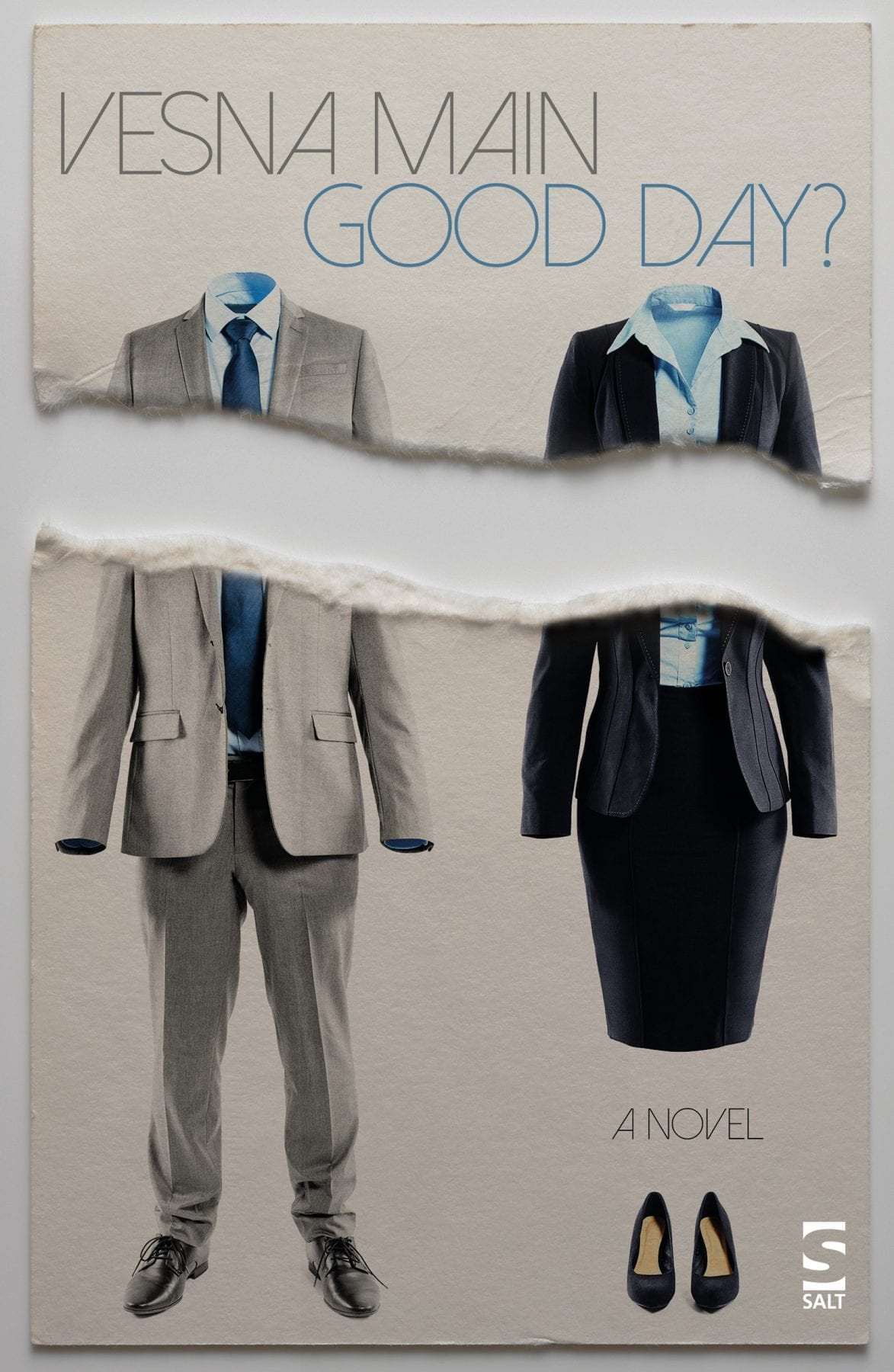Best-selling author Kate Mosse OBE shares her thoughts ahead of her Warrior Queens & Quiet Revolutionaries tour at a theatre near you
Q. Hello Kate! How are you?
“Very well, thank you for asking! I’ve just become a grandmother, so loving everything about that.”
Q. It’s wonderful that you’re shining a light on previously overlooked trailblazing women. Can you tell us a little about any of your favourites?
“There are so many amazing women – from every corner of the world, in every period of history – but I love the extraordinary footballer, Lily Parr, who scored more than 1,000 goals in her professional career in the early 1900s, and also the legendary 18th century pirates, Anne Bonny and Mary Reid, who were fierce and uncompromising – my next novel, The Ghost Ship, is partly inspired by their story.”
Q. What was your favourite book as a child?
“So many, but certainly The Golden Hamster, a beautiful story for young children about being true to who you are (a hamster, not a rat or a cat or a mouse). My beloved, and much missed Dad, used to read it to me at bedtime, and I still have that 1960s edition. I also loved The Little House on the Prairie books by Laura Ingalls Wilder for their sense of freedom, the amazing descriptions of the American mid-west in the 1880s and 1890s, and the feisty, principled heroine of the books herself.”
Q. And how about now – who is your favourite author?
“I try to avoid ever answering this question – too many of my friends are writers – but, going back in time, certainly Emily Bronte, Adrienne Rich, Rider Haggard and Agatha Christie would be at the top of the list.”
“It’s quite a challenge starting a new career as a performer at the age of 61!”
Q. Do you enjoy touring?
“I’m excited and nervous – what if nobody comes or my voice gives out – and it’s quite a challenge starting a new career as a performer at the age of 61! On the other hand, you have to keep having new challenges and pushing yourself. I’m not ready to hang up my boots and sitting dozing by the fire quite yet. I’m really looking forward to meeting audiences and hearing all the amazing women from history they would like to celebrate. The tour is about starting a conversation, having a great night out in the theatre, and putting some incredible women back in to the history books.”
Q. How well do you know the parts of the South East where you’re on tour?
“Very well. I grew up, and live now, in Chichester, so one of our days out was always to Guildford. My aunt and uncle lived in Woking, and my son-in-law comes from a beautiful village in the Surrey Hills. So, it’s home from home. Also, the Guildford Book Festival is one of my favourite festivals. I was lucky enough to go to university in Oxford, so I had three years of getting to know not only the city itself, but also the amazing countryside around about. The joy of being on tour is not only meeting audiences from all over the country, but also getting to know new parts of our beautiful country. Every day before the evening show, I’ll be out exploring.”
Q. What is your first memory of music?
“My fabulous Ma had an LP of Nancy Sinatra’s Swinging Safari, and I adored it and dancing along with her. In those days, you had to drop the stylus on to the record, listen, and then start again…”
Q. Who would be your dream dinner party guests?
“So many of the women I’ll be celebrating in my show – so, as well as those I’ve already talked about, the great British composer Ethel Smyth; the extraordinary 13th century Mongolian wrester princess, Khutulan – who was the inspiration for Puccini’s opera Turandot; Pauli Murray, one of the ‘freedom riders’ along with Rosa Parks who changed the racist ‘Jim Crow’ laws in America in the 1940s and 1950s; Josephine Cochrane who, in 1893, invented the dishwasher (yes, really!) Eunice Newton Foote, who discovered global warming but saw her discovery attributed to the men who came after her; and perhaps Beatrix Potter, to talk about her amazing work in conservation as much as her writing for children. Oh, and of course, my own great-grandmother, Lily Watson, who is at the heart of the Warrior Queens tour, who I would have loved to have known.”
Q. How much do you love life in West Sussex and why?
“I’m a Chi (Chichester) girl, born and bred, and it’s where all my family live. So, my whole life – apart from a few years away at university, then working in London – has been spent in and around Chichester and Fishbourne. There is something for everyone – amazing woods and beaches, incredible art galleries and an internationally-renowned theatre, the canal and Roman Palace, history and folklore, music and community. I can’t imagine living anywhere else.”
Q. Can you tell us a bit about your first impressions of Carcassonne and how you fell in love with it, changing the course of your life?
“We first bought a tiny house in the shadow of the medieval city walls of Carcassonne back in 1989 and, from the moment I first saw the extraordinary ‘crown of stone’ sitting on the hill above the river Aude, 52 towers and turrets, two rings of defensive walls, everything stepped in history, I fell in love. I didn’t intend to write about Carcassonne but, little by little as I read history about Languedoc and learnt about the people who had lived there in the 13th century, the ‘whispering in the landscape started’ … that’s to say, I started to hear the voices of characters and the outline of a story. Those whisperings became my novel, Labyrinth, and since then, almost all of my fiction has been a kind of love letter to this beautiful corner of southwest France.”
Q. What advice would you have for any woman out there who has always dreamt of writing a book? “Do it! A little writing every day, just so you start to get your muscles used to the process, that’s how a novel or biography takes shape. Don’t worry about how good it is, or quite where it’s going, just get some words down. Soon you’ll have a sentence, then a paragraph then, before you know it, a chapter. Once you have a rough draft, then you have something you can start to edit into the novel you’ve always wanted to write.”
Q. If you could make one wish for the world, what would it be? “That we all share the same planet. So, more kindness, more remembering how to listen and respect one another’s point of view – even if it’s not the same as our own – more attention to saving the planet, and a return to public service not self-interest built on values of decency, honesty and equality. I’m still an idealist and believe that we can all work together, we can leave the world in a better state than we found it. And most of the women I’m celebrating in Warrior Queens did precisely that.”











